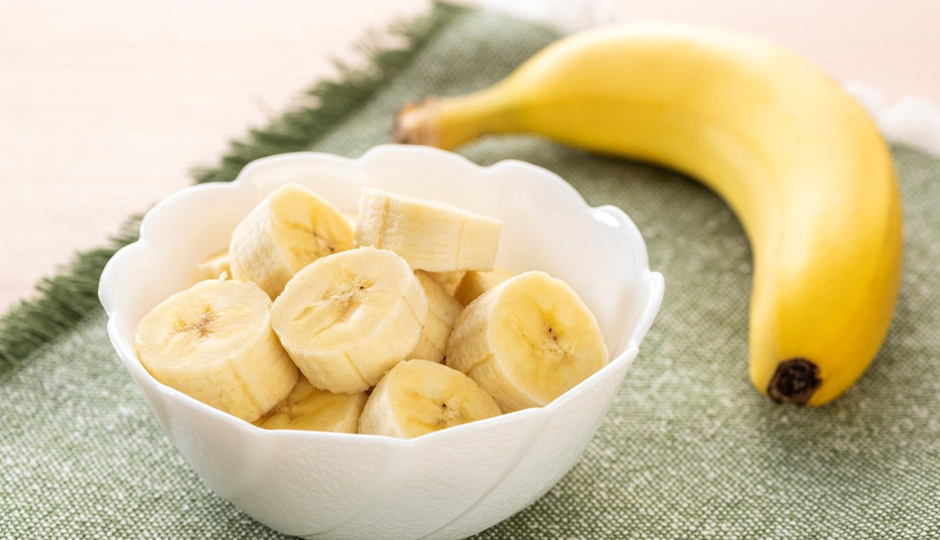- Home›
- Healthy Living›
- 9 Signs That Can Help You Need To Change Your Diet
9 Signs That Can Help You Need To Change Your Diet
By: Mansi Wed, 14 May 2025 10:28:57

Have you ever found yourself wanting a complete makeover to refresh your look?
This concept has become quite popular recently, as many people are eager to experiment with their hairstyles, outfits, and overall style to feel more confident and attractive.
While it’s important to take care of your appearance and switch things up occasionally, sometimes it’s also necessary to give your lifestyle habits a "makeover" to maintain good health. If you're feeling like it’s time for a change, it might be the perfect opportunity!
For example, if your routine lacks physical activity, it might be time to incorporate regular exercise.
Similarly, when it comes to your diet, making changes is crucial for staying healthy, especially if you're dealing with existing health concerns.
A balanced diet plays a key role in maintaining good health and preventing both minor and major illnesses.
Here are some signs and symptoms that could indicate it’s time to make some changes to your diet. Take a look!

# Persistent Gas
If you've been feeling gassy or bloated frequently, it could be due to a diet high in gluten or dairy. For those with gluten allergies or lactose intolerance, consuming foods rich in these can lead to excess gas. Try eliminating gluten and dairy from your diet to see if the bloating improves.

# Constant Hunger
If you feel hungry all the time, even after eating balanced, healthy meals, it might indicate a dietary issue, such as not getting enough protein or skipping meals. Eating a protein-rich diet and ensuring you don’t skip meals can help you stay full and avoid overeating junk food.
# Constipation
Constipation occurs when stools become hard and stay in the intestines, leading to discomfort. If you're experiencing frequent constipation, your diet may be lacking in fiber. Incorporate fiber-rich foods like vegetables, legumes, and leafy greens, and make sure you drink enough water to help improve digestion.

# Constant Irritability
While mood swings and irritability are natural at times, constant irritability may indicate low blood sugar levels due to a lack of healthy carbohydrates in your diet. Including whole grains, fruits, and nuts in your meals can help stabilize your blood sugar and reduce irritability.
# Acne
Acne, a common skin condition, is often linked to poor skincare or pollution. However, your diet can also contribute. If you're experiencing frequent breakouts, try cutting back on sugary and oily foods, as they can trigger acne.
# Depression
Depression is a serious mental health issue characterized by persistent feelings of sadness and hopelessness. It's often caused by low serotonin levels in the brain. Incorporating foods rich in potassium (like bananas and vegetables) and vitamin B12 (such as eggs, fish, and poultry) can help boost serotonin levels and alleviate symptoms of depression.

# Hair Fall
Chronic hair loss, despite following a proper hair care routine, could be linked to your diet. If you’re not consuming enough protein or iron, it may lead to hair thinning. Adding spinach, meat, legumes, and pulses to your meals can help prevent hair fall.
# Persistent Infections
Frequent infections like colds, throat infections, or yeast infections might signal a weakened immune system, often caused by an unhealthy diet. Boost your immunity by adding vitamin C-rich foods like oranges, berries, guava, and papaya to your meals.

# Constant Fatigue
If you feel tired all the time, it could be due to consuming foods with little nutritional value or comfort foods full of toxins. Switching to a diet rich in nutrients can help energize your body naturally, improving your overall vitality.





